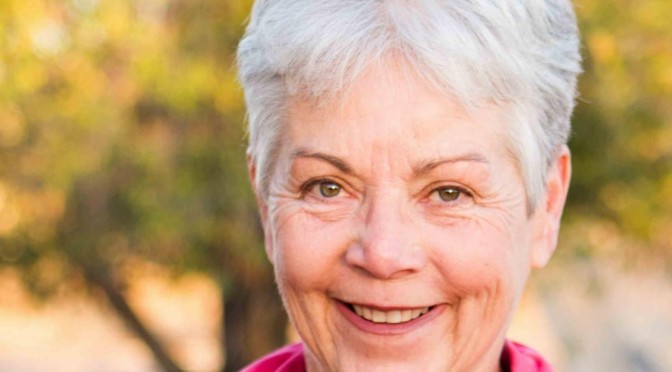(An advisor to Parents Opposed to Pot, Dr. Libby Stuyt, an addictions psychiatrist in Colorado, spoke at the Oregon Mental Health and the Law Conference in Portland. The Mental Health Association of Portland published a blog about it on August 13.) Here it is:
Libby Stuyt, MD spoke at the Oregon Health Forum with Drs. Esther Choo of OHSU and Katrina Hedberg who is the State Epidemiologist and State Health Officer at the Oregon Public Health Division, and at the Oregon Law & Mental Health Conference in June 2017 on the unintended consequences of marijuana legalization.
Stuyt is an addictions psychiatrist and medical director at the Colorado State Hospital in Pueblo. She is also the president of the National Acupuncture Detoxification Association.
Stuyt has a unique and expert view on the effect of increased marijuana availability and use, and as Colorado is about two years ahead of Oregon in the process of legalization and regulation of marijuana.
Major points of Libby Stuyt’s speech
Stuyt’s data is from information collected by the state of Colorado and from her experience as a clinician and researcher.
- Colorado has had significant increase in marijuana use by people under 18 years old. All use by under-age persons is illicit use. Most Colorado youth get marijuana from adults they know – not from retail stores.
- Pueblo Colorado, with a population of 106,000 has over 7000 homeless people (Portland with a population of 583,000 has about 4500); many are people who arrived seeking employment in the marijuana industry.
- 13% of children given CBD for seizure disorders have had “really bad” reactions; the CBD made seizures worse.
- Estimates of marijuana addiction at 9-10% is from research on low-potency THC; this data should no longer be used. Scientists don’t know addiction rate to high potency THC, but use by youth is increasing, for daily users addiction rate is about 50%, withdrawal is harder, and violence associated with high potency THC is higher.
- Stuyt calls marijuana addiction a “learning disorder.”
- Marijuana use significantly reduces neurogenesis in the brain.
- Doctors are seeing more psychosis related to high-potency THC marijuana.
- 75% of Stuyt’s patients have PTSD. 83% of her patients are seeking treatment for marijuana addiction. Marijuana masks symptoms of PTSD; it does not treat or cure PTSD. PTSD is treatable and curable – but not with active marijuana use.
- Increased correlation – not causation – of suicide in adolescents who use marijuana.
You can hear the entire talk in a recording on the original blog. (We have published articles and videos of our other professional advisors, such as Ken Finn, MD of Colorado Springs and Christine Miller, PhD)

